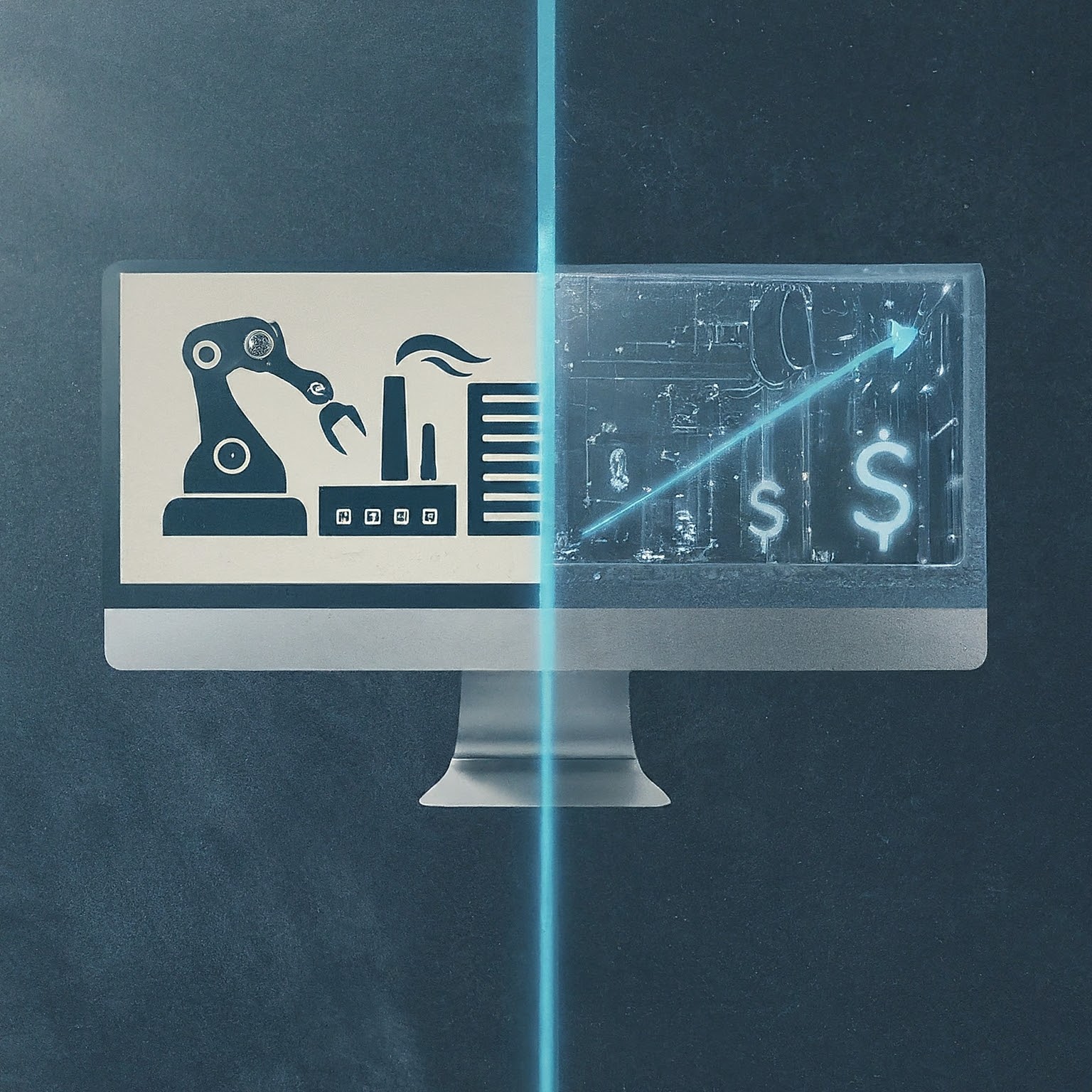
In the rapidly evolving digital landscape, U.S. companies are continuously seeking innovative ways to foster growth and enhance operational efficiency. Artificial Intelligence (AI) has emerged as a transformative force in achieving these goals, especially within the Information Technology (IT) sector. By integrating AI into their operations, businesses are not only optimizing costs but also unlocking new avenues for expansion and competitiveness.
Driving Efficiency and Cost Savings
One of the primary impacts of AI on U.S. companies is the significant cost savings and operational efficiencies it offers. By automating routine and time-consuming tasks, AI technologies allow companies to allocate human resources to more strategic and creative endeavors. For instance, AI-driven automation tools can handle data entry, customer inquiries through chatbots, and even network management, drastically reducing the need for extensive manual oversight and minimizing human error. Furthermore, predictive analytics, a branch of AI, enables companies to anticipate IT infrastructure issues before they escalate, ensuring uninterrupted service and avoiding costly downtime. By analyzing data patterns, AI can predict system failures, security breaches, and performance bottlenecks, allowing for preventive measures to be taken promptly.
Enhancing Growth and Innovation
Beyond cost optimization, AI plays a pivotal role in driving business growth and fostering innovation. Machine learning algorithms, for example, can analyze vast amounts of data to uncover insights about customer behavior, market trends, and product performance. These insights empower companies to make data-driven decisions, tailor their offerings to meet customer needs better, and identify new market opportunities. AI also accelerates the development of innovative products and services. In the realm of software development, AI can improve code quality, automate testing processes, and speed up the time-to-market for new applications. This not only enhances product competitiveness but also opens up new revenue streams for businesses.
Facilitating Personalized Customer Experiences
In today’s digital age, personalized customer experiences are a key differentiator for businesses. AI enables companies to deliver highly customized interactions at scale, whether through personalized marketing messages, product recommendations, or customer support. By analyzing customer data, AI systems can predict individual preferences and behaviors, allowing companies to tailor their interactions in a way that significantly improves customer satisfaction and loyalty.
Challenges and Considerations
While the benefits of AI are substantial, companies also face challenges in its adoption. These include the need for significant upfront investment, the complexity of integrating AI with existing systems, and concerns over data privacy and security. Additionally, there is a growing need for skilled professionals who can develop, deploy, and manage AI solutions. To overcome these challenges, companies must adopt a strategic approach to AI implementation, focusing on areas where AI can deliver the highest return on investment. This involves identifying key pain points, setting clear objectives for AI initiatives, and investing in employee training and development.
Conclusion
The impact of AI on U.S. companies in the IT sector is profound, offering unparalleled opportunities for cost optimization, growth, and innovation. As AI technologies continue to evolve, their potential to transform business operations and competitive landscapes becomes increasingly apparent. For companies willing to navigate the challenges of AI adoption, the rewards promise to be substantial, marking a new era of efficiency and innovation in the digital age.
Media Contact
Company Name: Techunting America LLC
Contact Person: Marcelo Teselman, CTO & CO Founder
Email: Send Email
Phone: +1 302 956 9776
Address:5220 S. University Dr.
City: Davie
State: FL, 33328
Country: United States
Website: https://www.techunting.net
